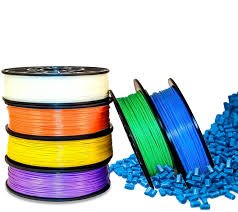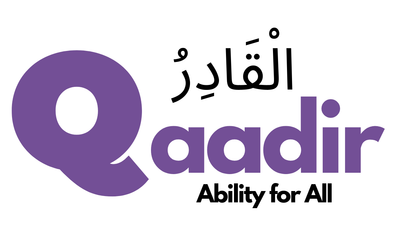Voxelcare TPU (Thermoplastic Polyurethane) pellets are engineered specifically for professional additive manufacturing in orthotics and prosthetics. Designed for use in pellet-fed 3D printers, these pellets deliver exceptional mechanical performance, durability, and print reliability, making them ideal for producing customized medical devices.
Key Features:
High Elasticity & Flexibility – Provides excellent resilience, ideal for applications requiring cushioning and impact absorption such as insoles, orthotic supports, and soft prosthetic components.
Superior Layer Adhesion – Optimized for consistent extrusion and strong bonding between layers, ensuring smooth surfaces and structural integrity.
Durable & Wear-Resistant – Maintains performance under repeated stress, bending, and daily use without cracking or deforming.
Biocompatible & Skin-Safe – Suitable for applications in direct or indirect contact with the body, ensuring comfort and long-term usability.
Cost-Efficient Production – Pellet-based 3D printing reduces material costs compared to filament, while offering higher throughput for large-scale manufacturing.
Voxelcare TPU 3D Printing Pellets combine flexibility, strength, and reliability, giving orthotics and prosthetics professionals the ideal material for patient-specific solutions.
Read more less




